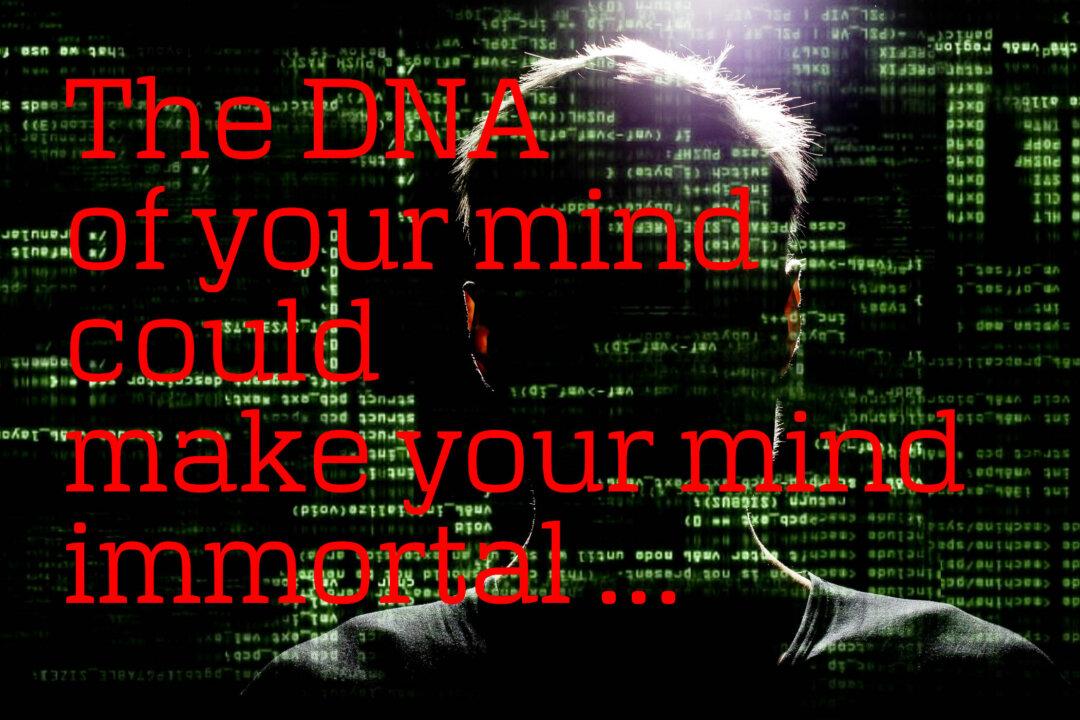Your DNA determines everything about you: eye color, height, body shape, skin type, etc. But it does not determine one thing about you—your mind.
At birth, the human brain is nothing but an empty storage tank with 30 billion neurons in it. In contrast to your wonderfully choreographed body, with details from toe nails to hair thickness, there is nothing special about this most important vital organ. The brain needs to be filled. It is a process. The process of learning and maturing via various life experiences results in the final description of who you are, and yet it continues to change in time with increasingly smaller amounts and at a slower pace.
Artificial intelligence project exClone wants to map the DNA of your Mind (DNAM).
Although the terminology sounds original, DNAM is actually not a new concept. For example, tracking and profiling Facebook users based on their “likes” is a rudimentary form of DNAM. Such a thing is perceived by some as a dark enterprise nowadays, due to privacy concerns.
When we depart from this present gloomy picture, and imagine what can happen in the future, the meaning of DNAM changes drastically. If DNA cloning ensures the eternal continuation of your body, then DNAM may ensure the immortality of your mind, in a peculiar and exciting manner. The truthfulness of this statement very much depends on how DNAM will evolve from being just a commercial “profile” to something much more spectacular.
[video width=“480” height=“204.08” mp4=“https://www.theepochtimes.com/assets/uploads/2014/11/19/Transcendence-Official-Trailer-1-HD-Johnny-Depp-Morgan-Freeman-online-video-cutter.com_.mp4” poster=“https://www.theepochtimes.com/assets/uploads/2014/11/19/Transcendence.jpg” loop=“true”][/video]
From the trailer for the movie, “Transcendence“
Psychological studies have several, somewhat debatable, human personality theories. Creating a model for DNAM must use something like the Raymond Cattell’s 16 Personality Factors. Marking them on a scale of 1 to 10 (either by measurements or self-determination) shows your behavior, such as reasoning, emotional stability, sensitivity, and other factors (as shown in the blue chart in Fig. 1 below). Mathematically speaking, if we had Steve Jobs’ blue chart, there could be another 20 million people out there with similar charts. As a result, psychological profiling is never unique enough to claim your DNAM.



